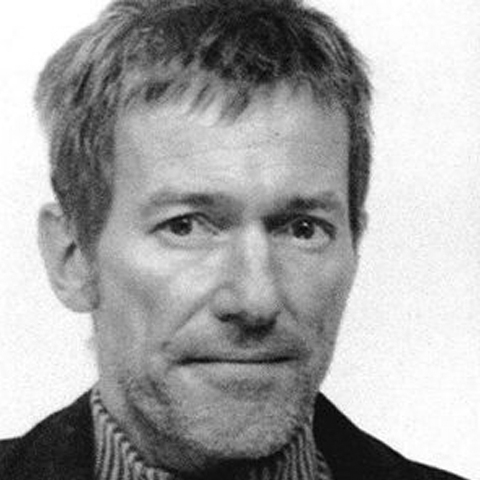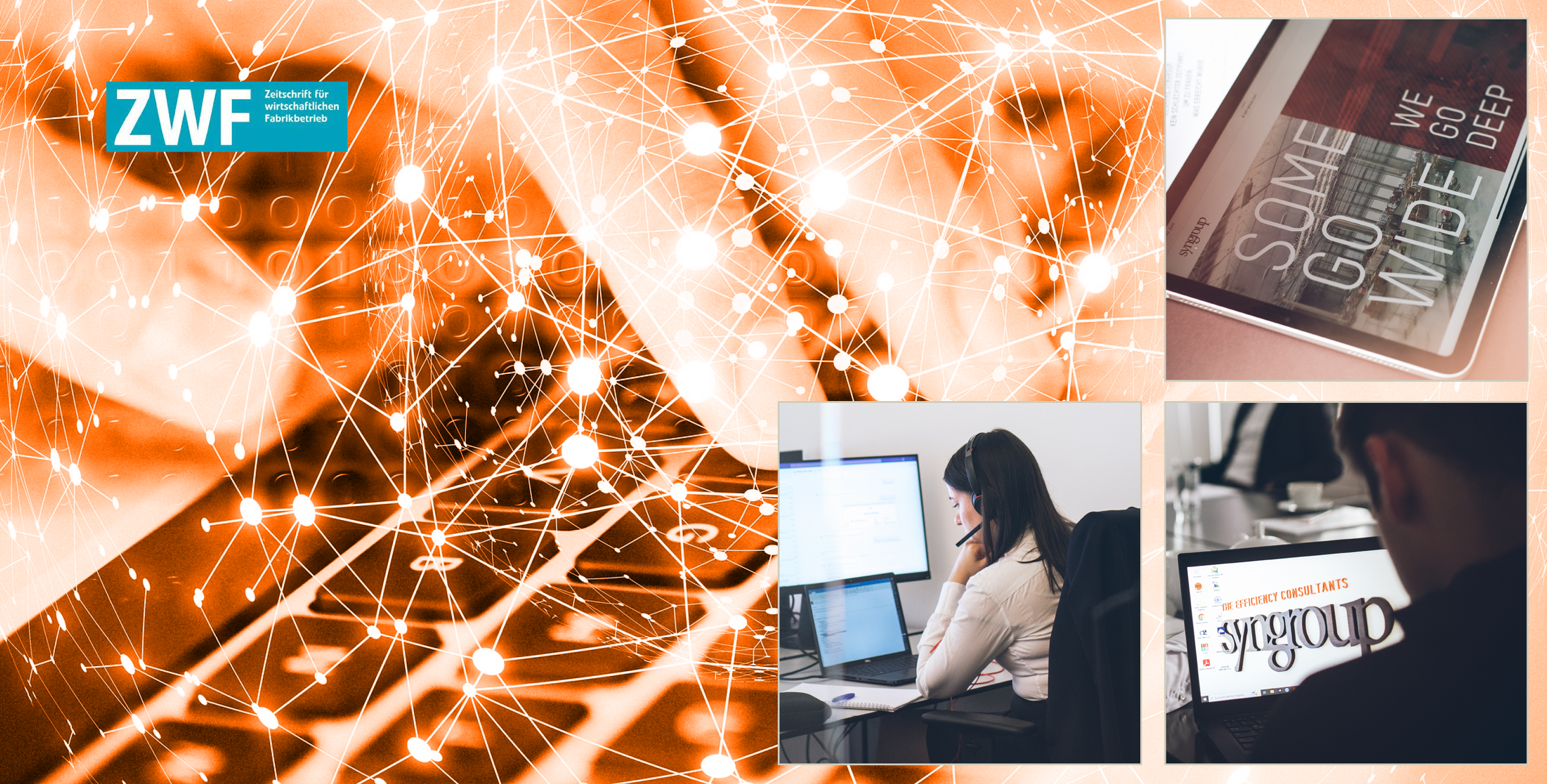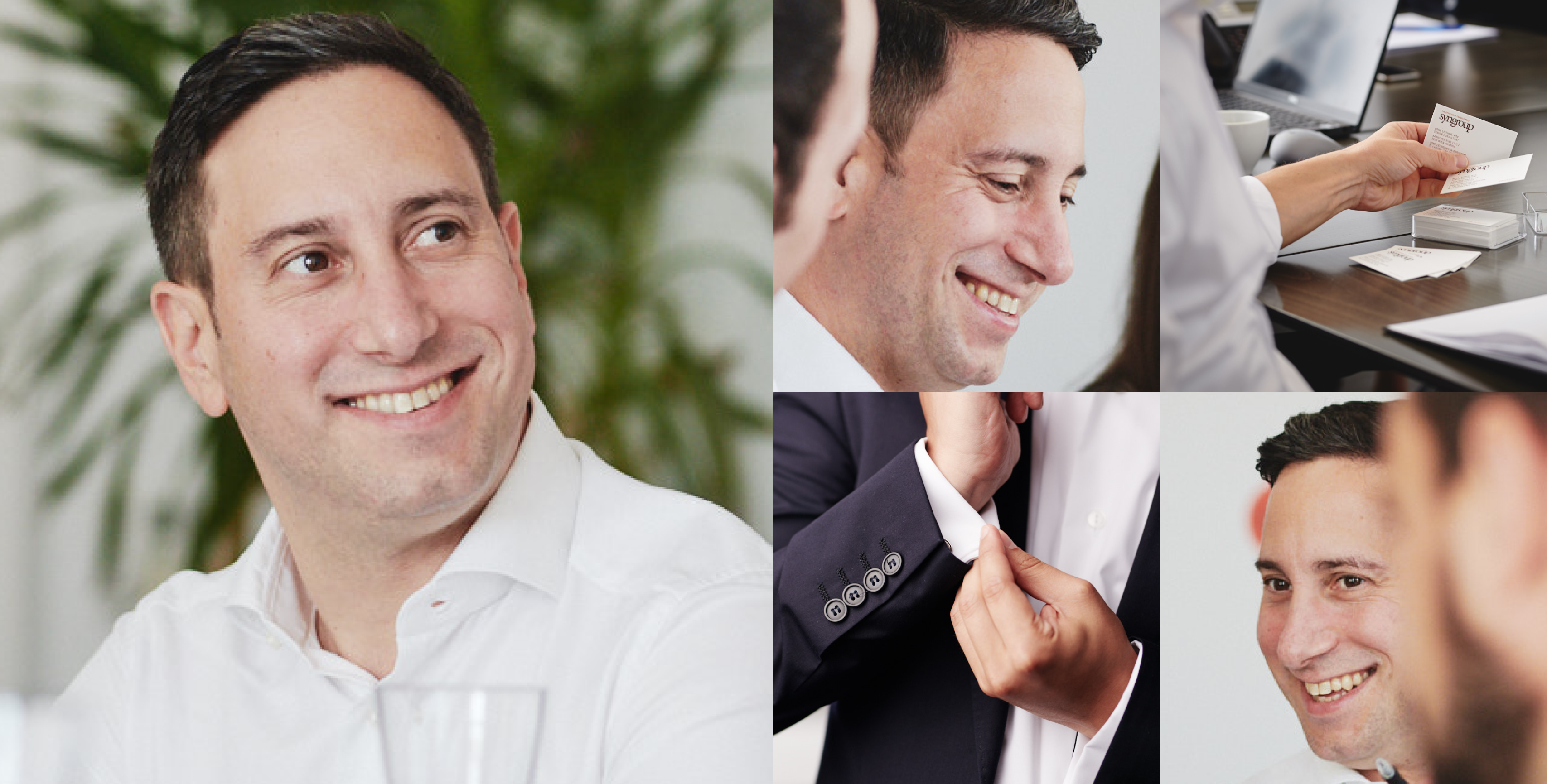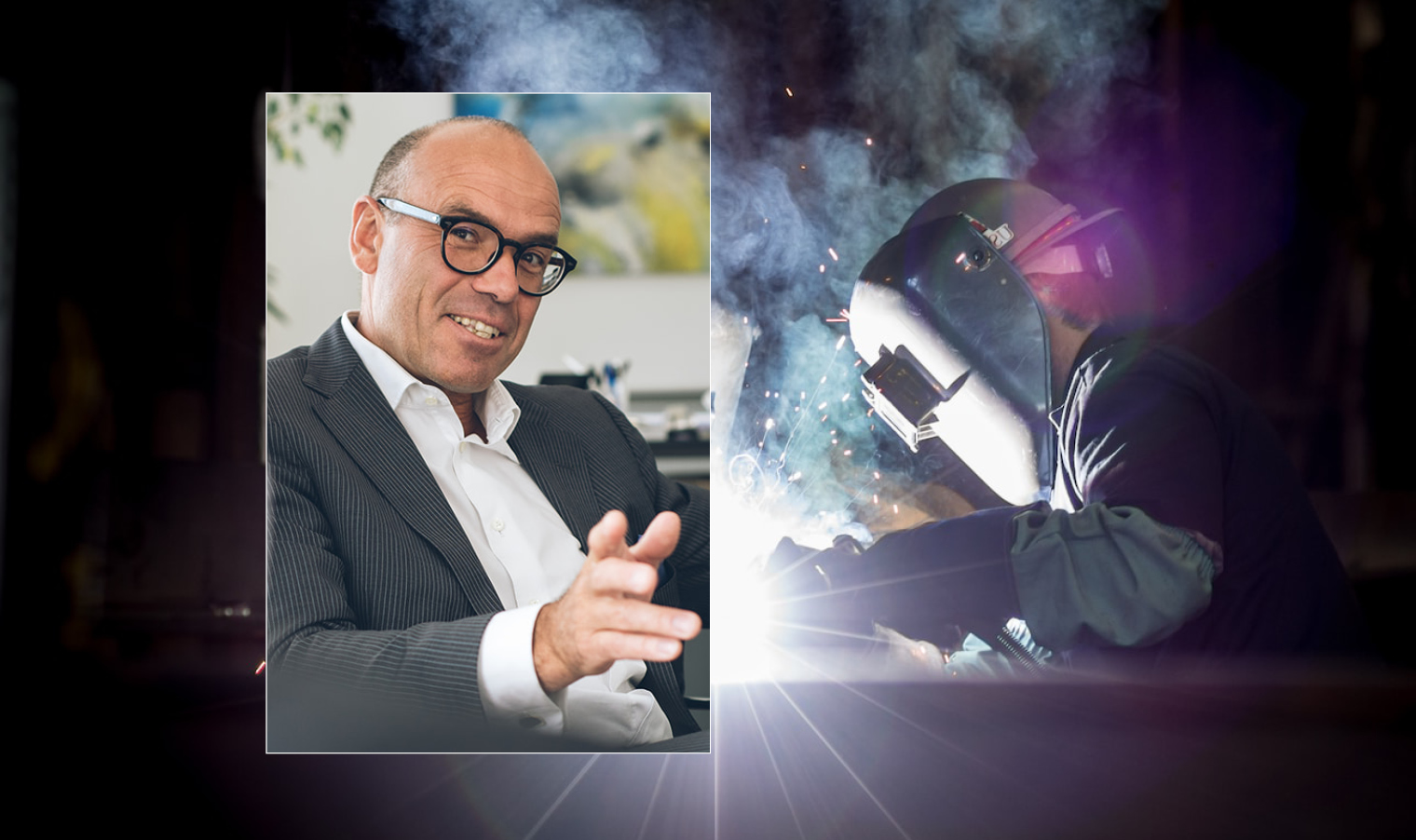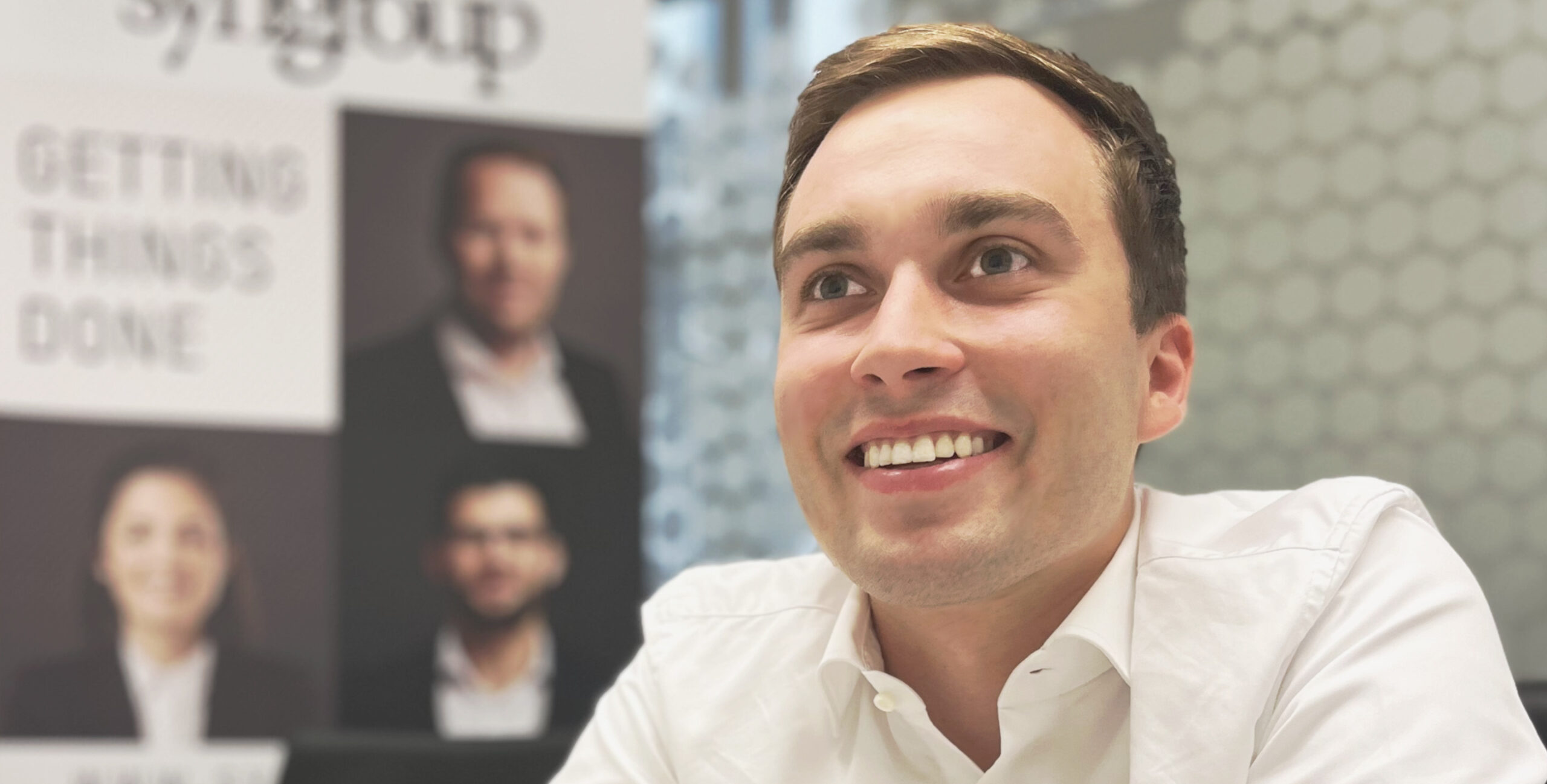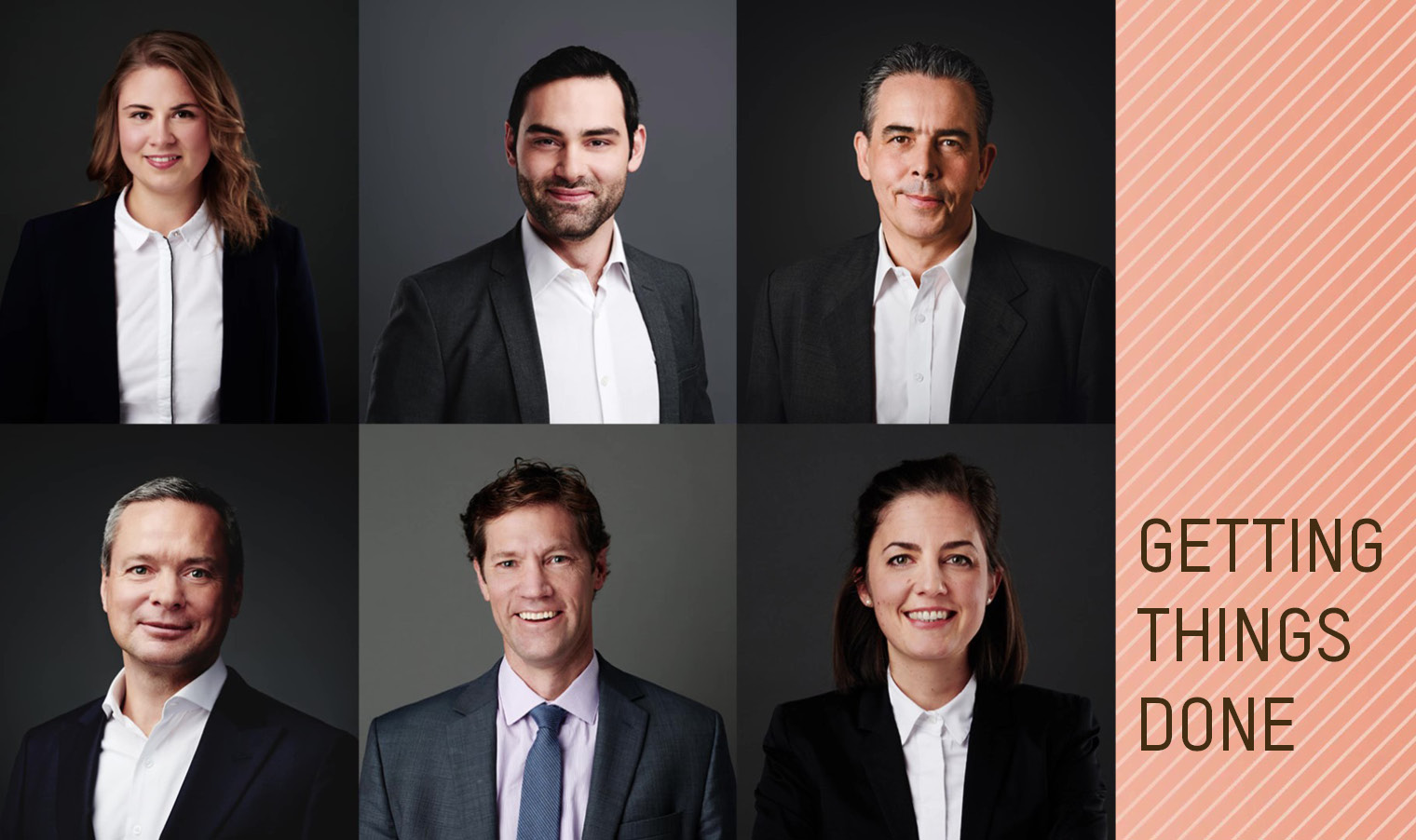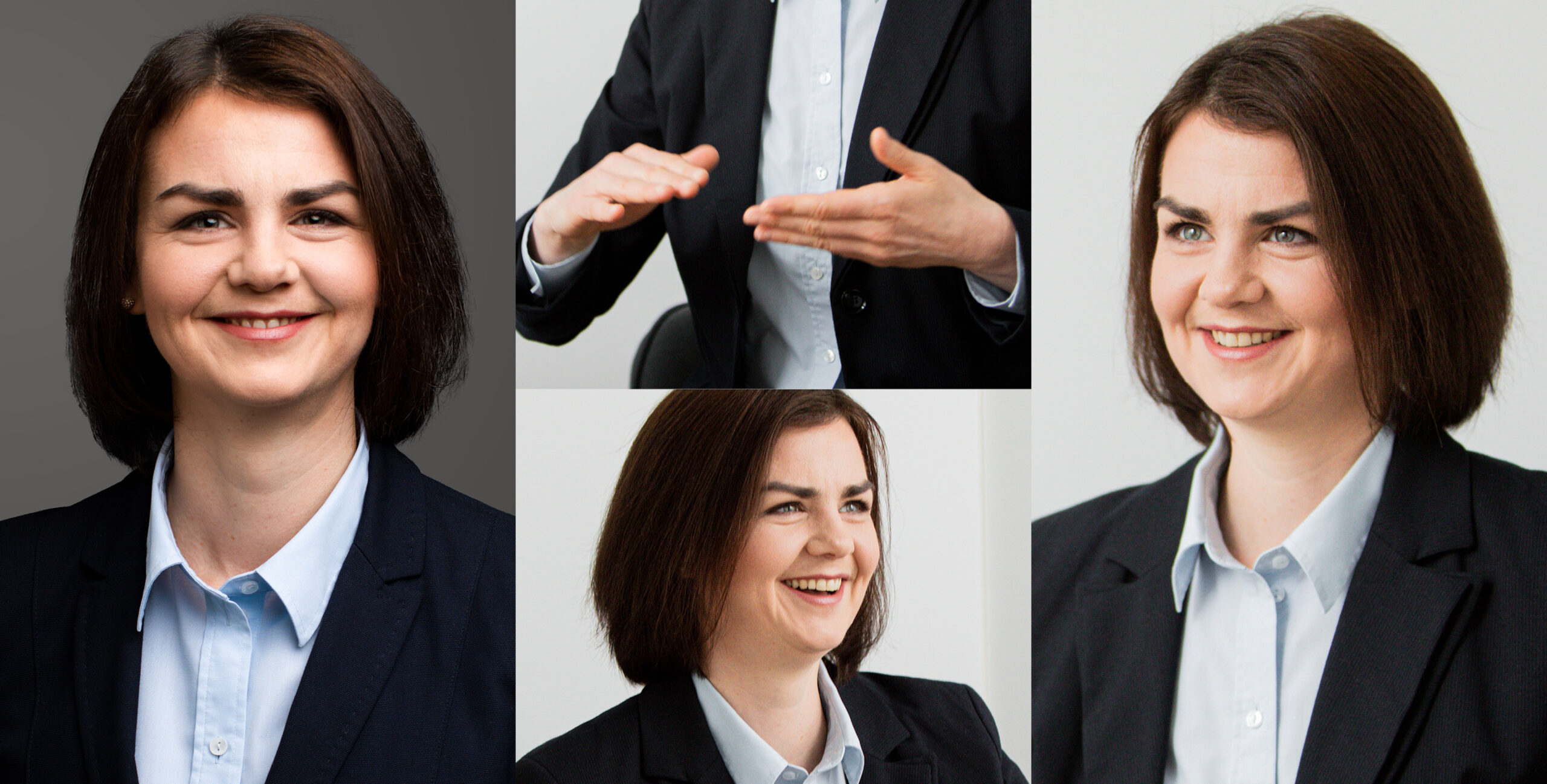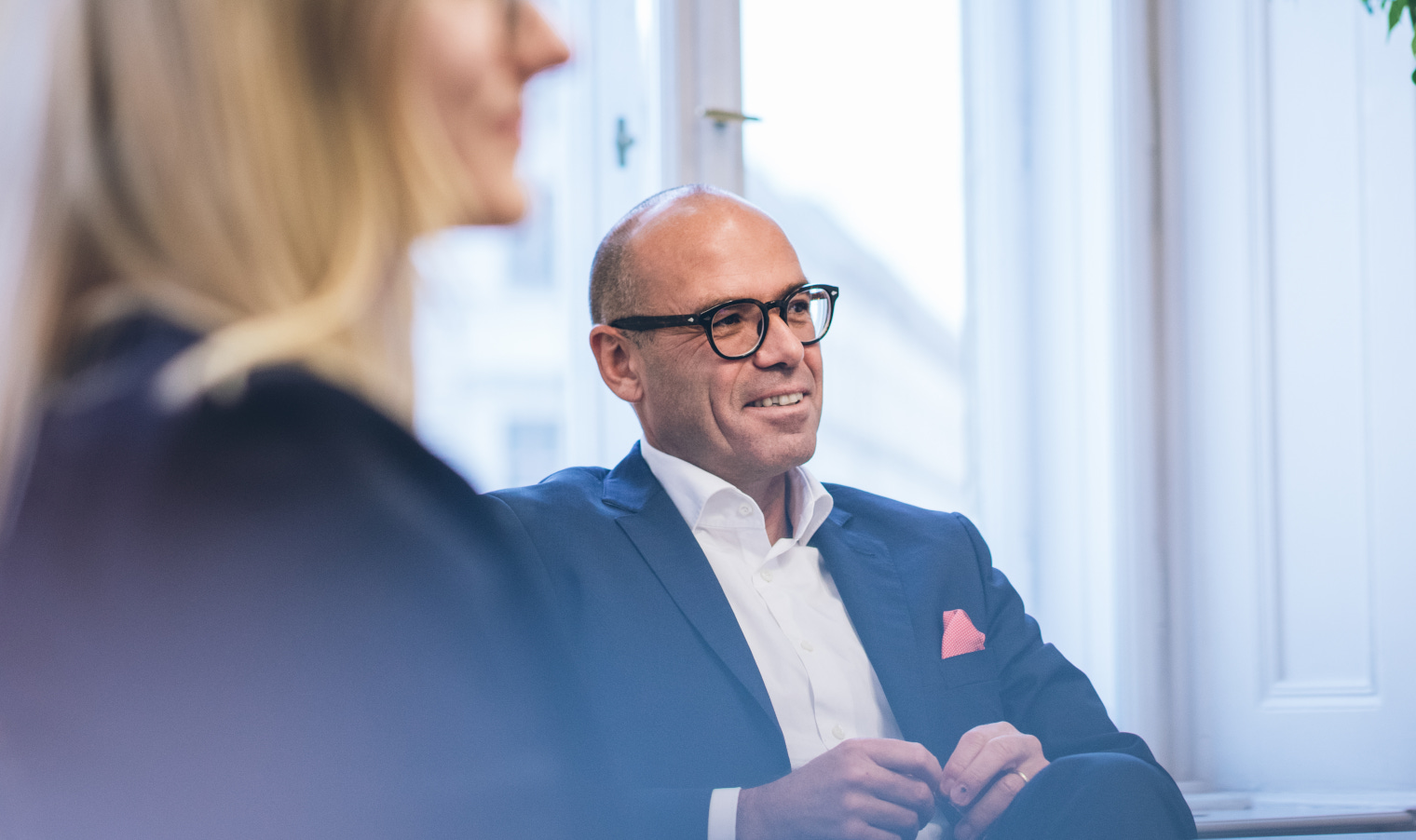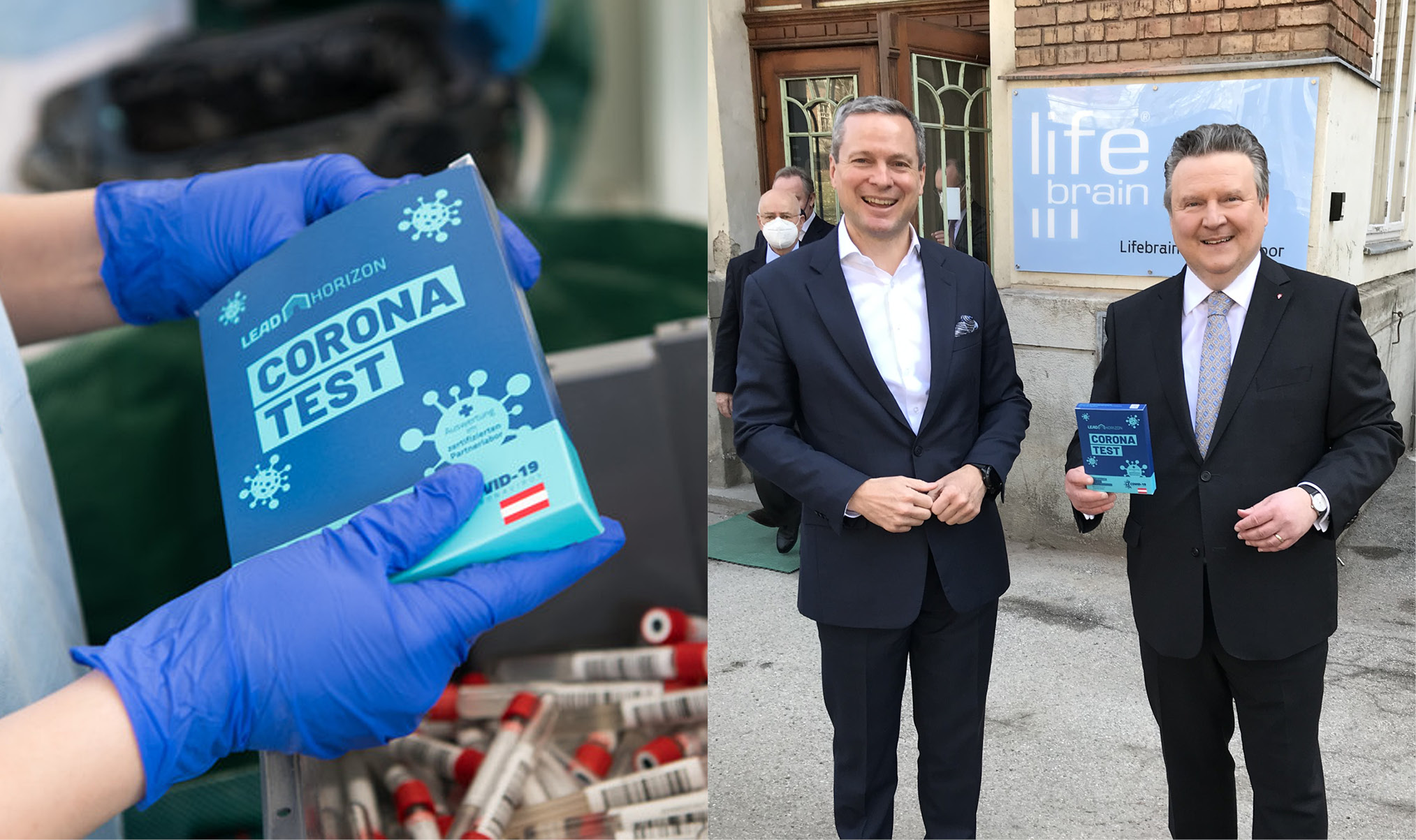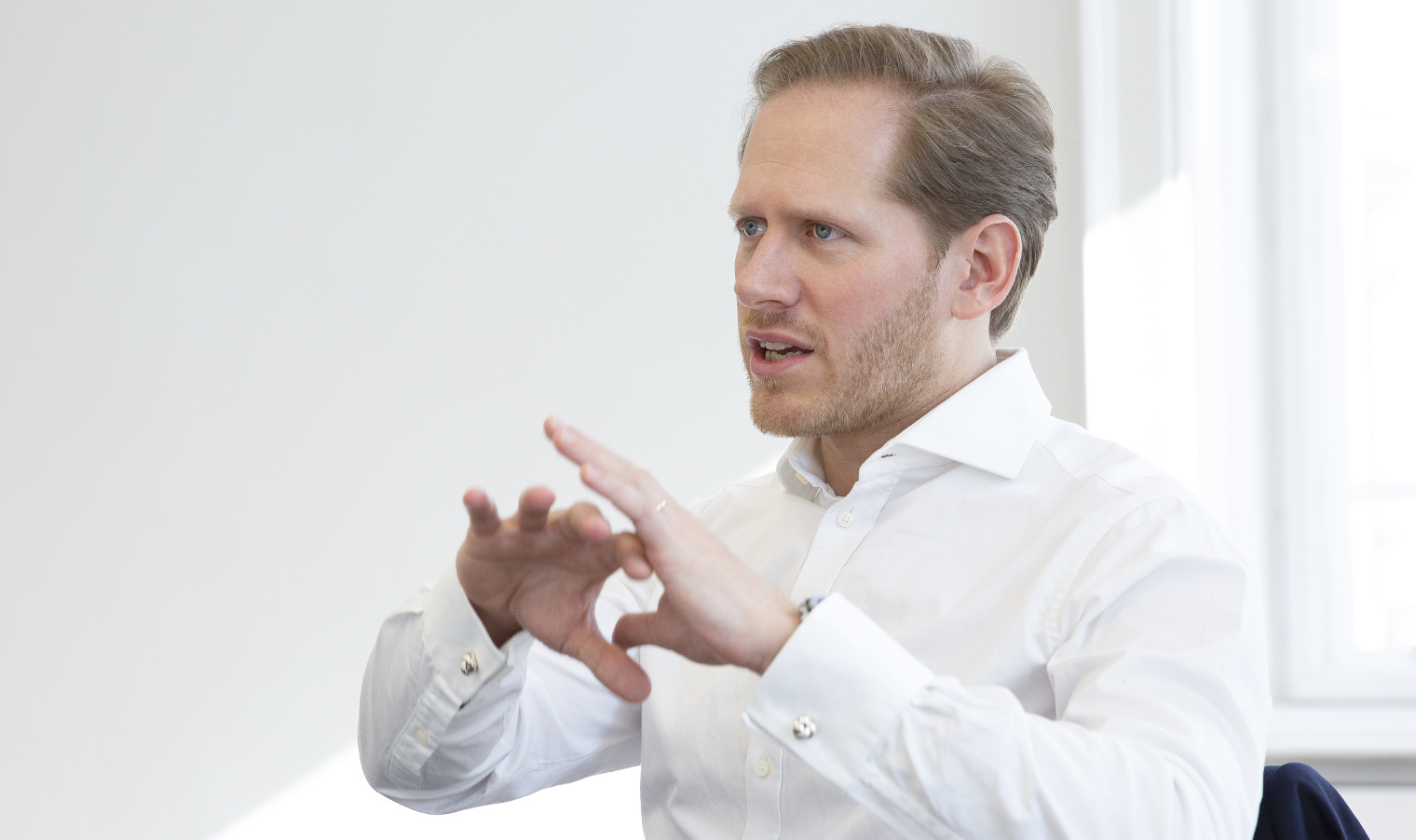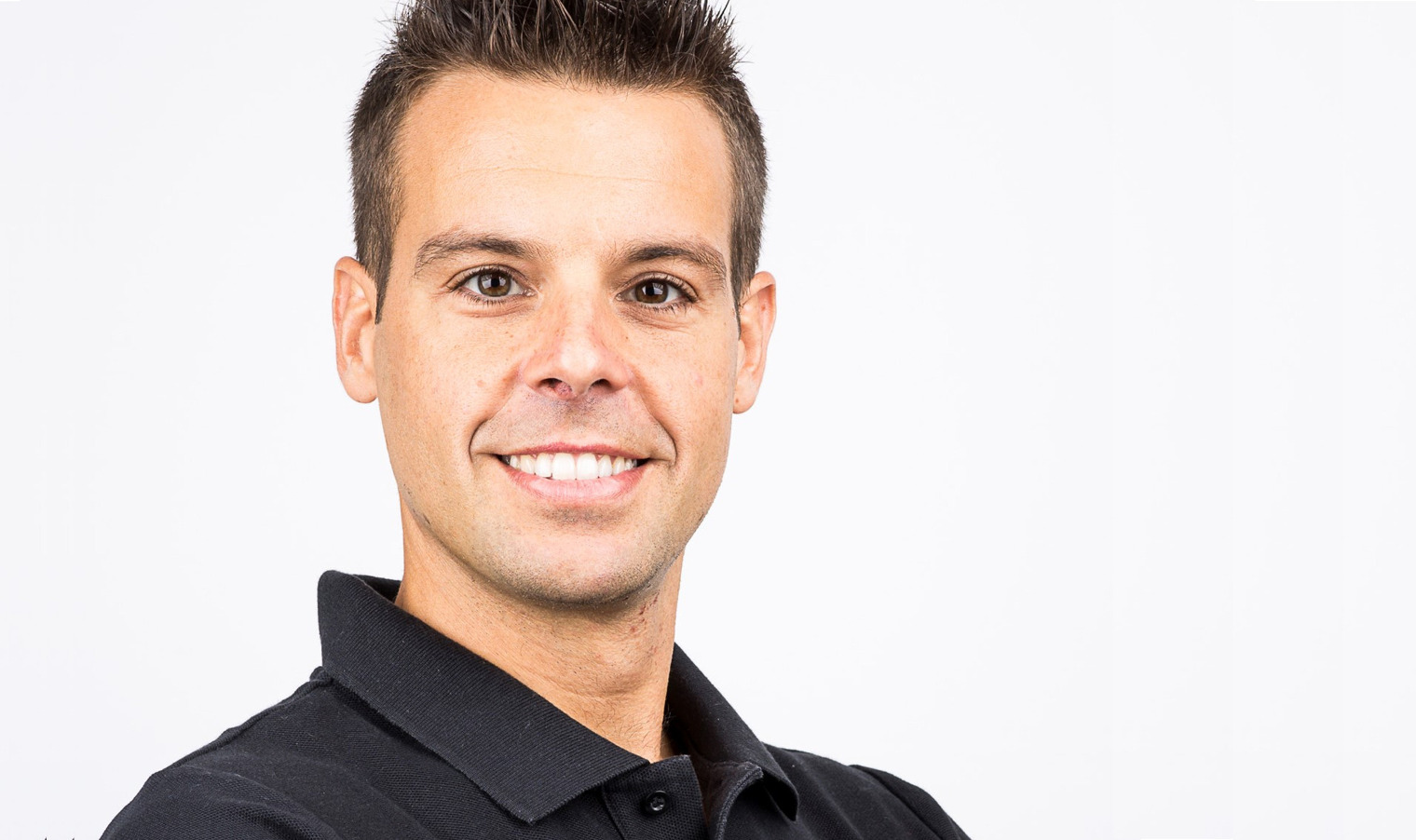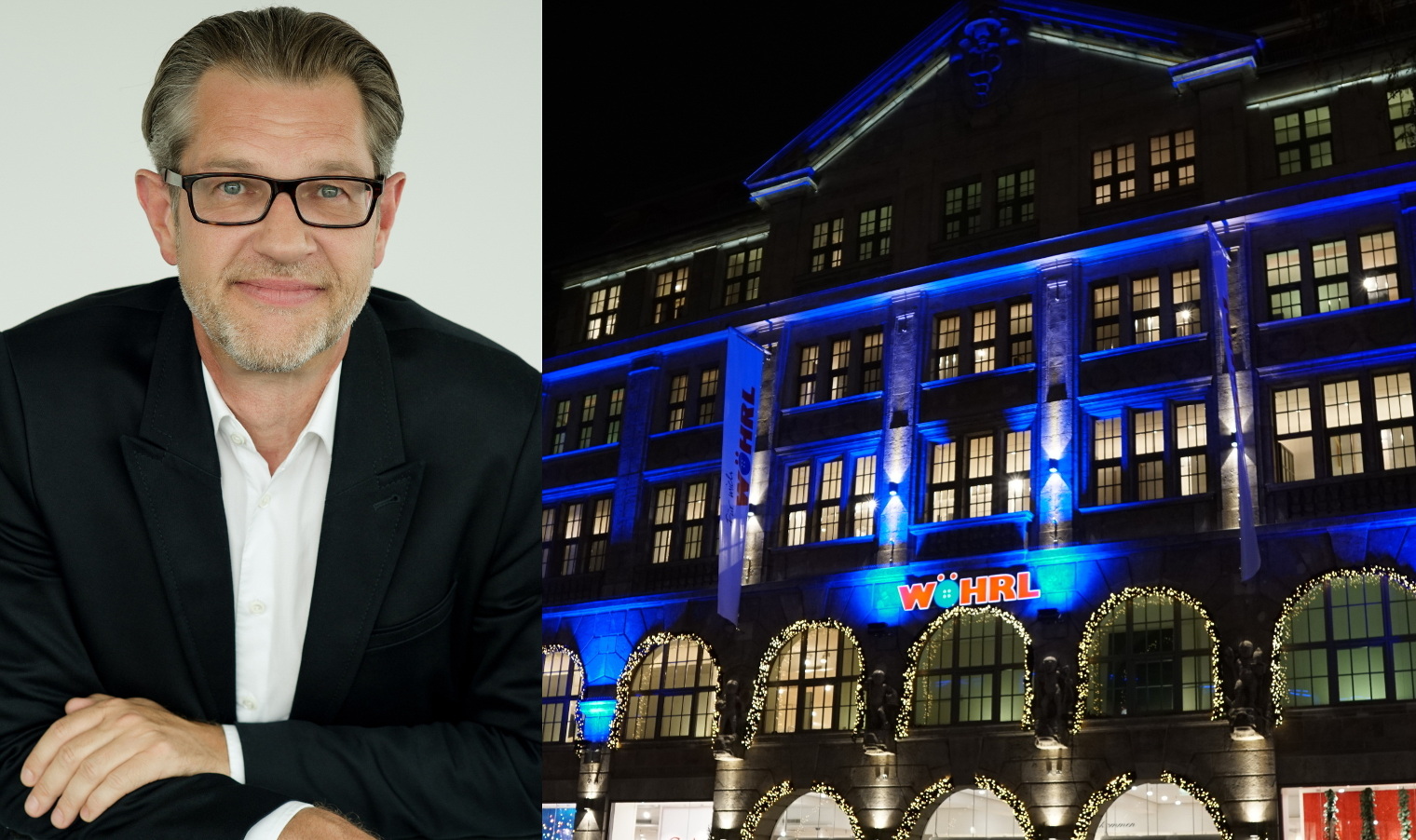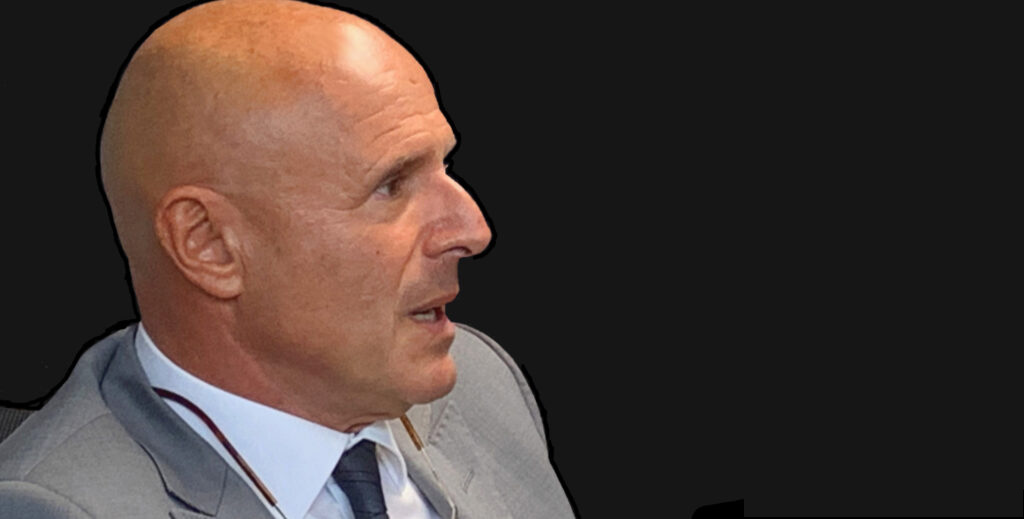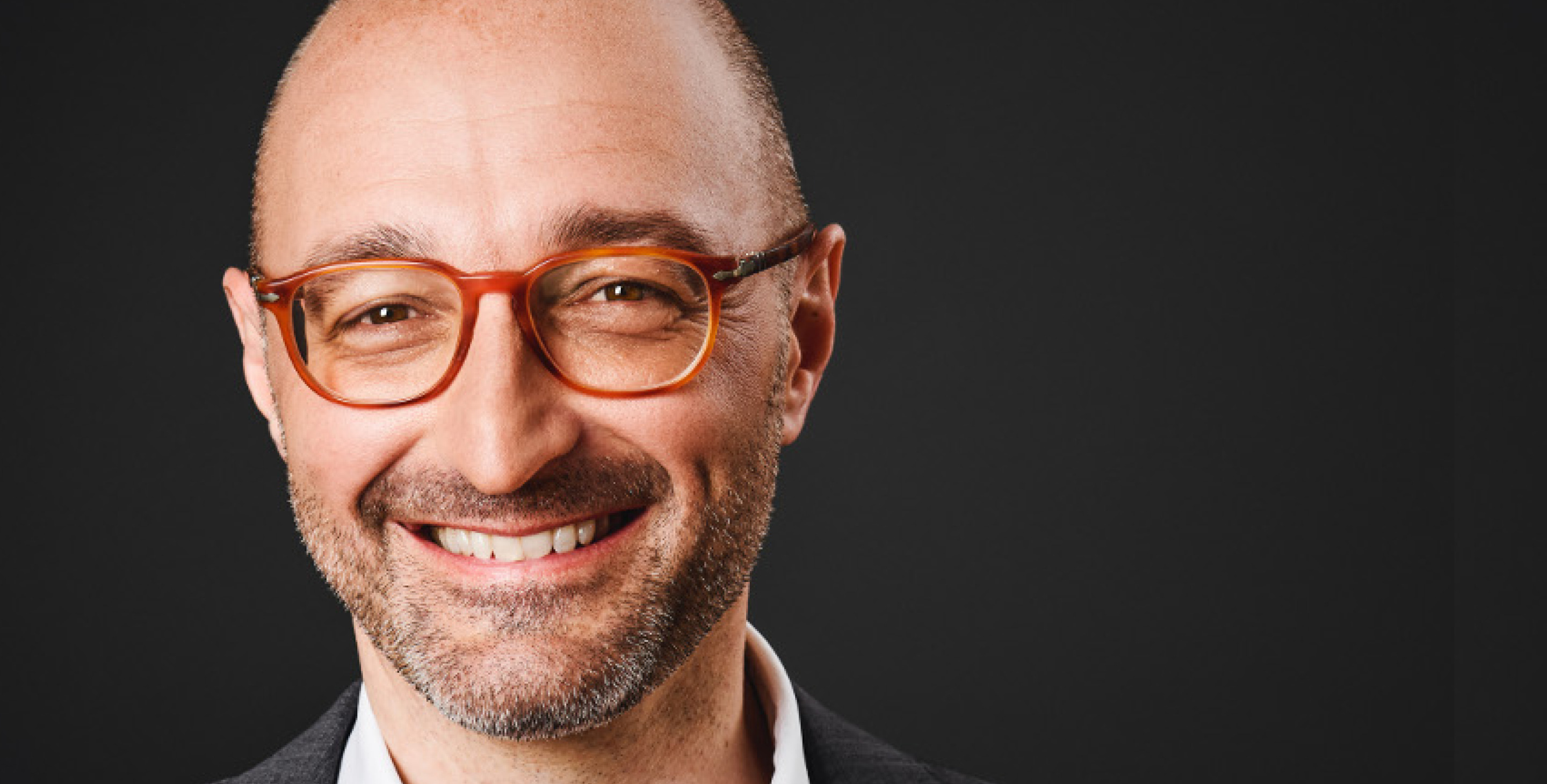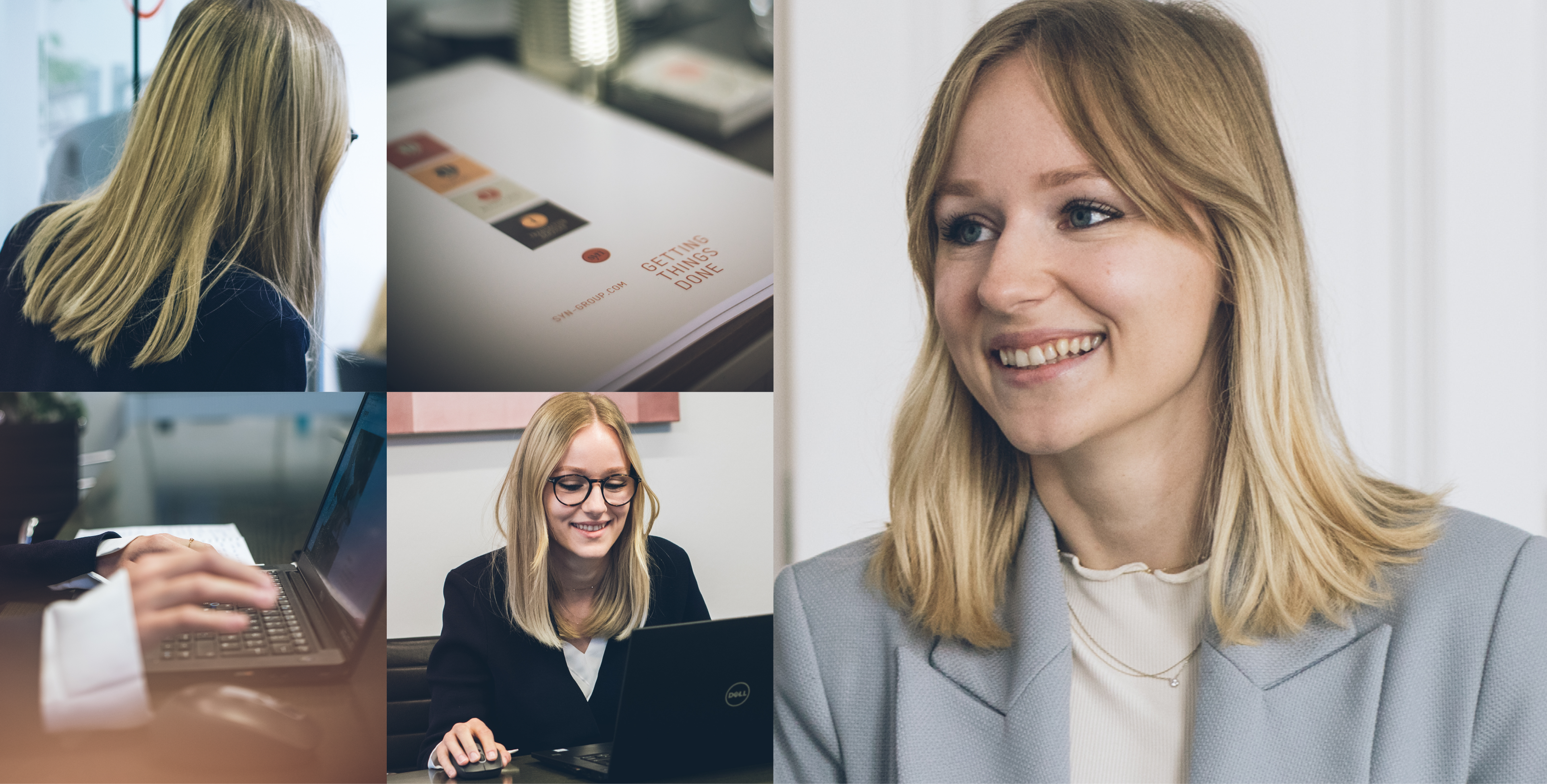
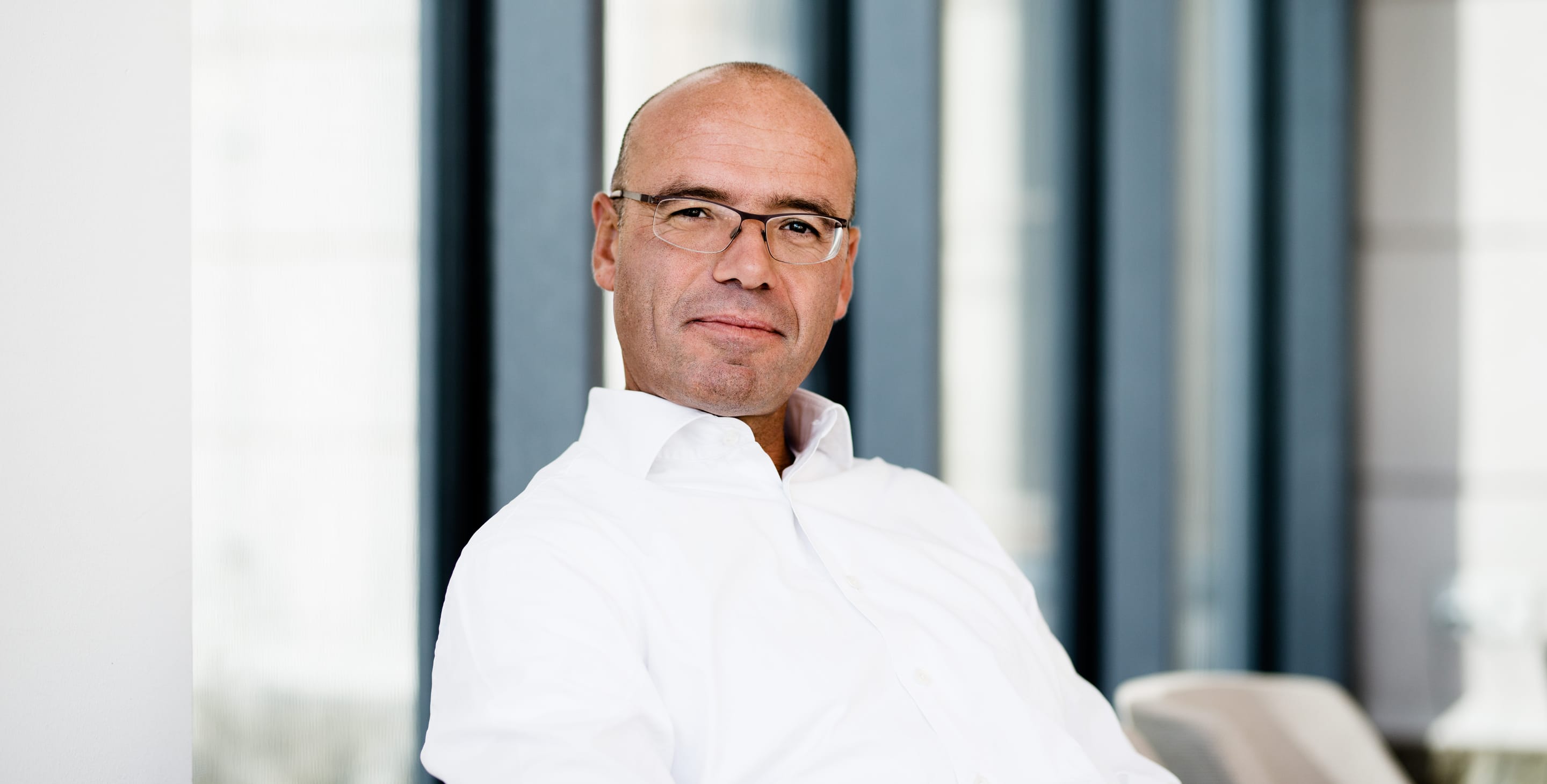
I studied business administration at the Vienna University of Economics and Business Administration, and I retain a certain affection for economics to this day. If I had the choice again, it would be economics again- and not technology – which is what interests me a great deal, but I’m not very suited to it.
Because I find the big connections extremely exciting and interesting.
There were different roles in the consulting department, both operational and strategic. I worked in process management and finally – 18 years ago – joined Syngroup.
Yes, however it was my wife who encouraged me to return to consulting, because she knows that I get “bored”quickly . She was right.
First of all, it is important to me that we are management consultants and not product consultants. What is very interesting is that we get involved in major decisions. When we are called in, there are always difficult questions that need to be answered, or major changes that have to be implemented. In an advisory leadership role, together with board members, developing solutions is definitely a very exciting task which comes with a high level of responsibility – and therefore it’s very demanding.
Then there is a second component that applies specifically to Syngroup. It is often said that consultants develop concepts fit for putting away in a drawer. In our case, it is completely different because of the importance of our long customer relationships, Not only do we participate in the implementation of solutions, but also – sometimes after years – get to see the results these ideas and programs actually deliver. This is a super exciting thing for everyone involved – for the executives and the teams: you move real things, you live with them on site and you don’t just develop them on paper for some political agenda or supervisory board.
It was a coincidence, as so often in life. Consulting wasn’t right at the top of my list of priorities at the time. It was the founder Wolfgang Hillerbrand who asked me if I wanted to join Syngroup.
Well, it was a normal application process. For Syngroup, who then had 20 employees, it was somewhat unusual, because I was the first career changer with experience and then I joined immediately as a project manager.
Syngroup has grown very rapidly since it was founded, first thanks to our client Mayr Melnhof. Bank Austria sometimes called when things weren‘t going well for its industrial clients. So we had one or, let’s say, one and a half customers back then. New employees were always absorbed immediately onto an existing project. But Hillerbrand wanted to begin developing the industrial market. In this situation, I was allowed to get involved and I still participate today. And we had a rocky road ahead of us: we had no network. We had no grey panthers to support us anywhere. There were hardly any references. That’s how we started on the challenging path of business development.
But only as part of a team. In the beginning I made a lot of phone calls myself. To this day, we have kept a certain humility from the market because we generally have difficult conditions when it comes to finding new customers: Our contacts are board members and managing directors, 99 percent of our projects come from them. In other words, a very small target group. Our services, like other consultancies, are relatively costly and usually require approval by the supervisory board. It is not tangible, and if it does not work, then the person who commissioned us has either an image problem or a job problem. So a lot of trust has to be built up before this works. It is therefore not uncommon for us to work on a job for six or seven years. You need a lot of patience. But our success has proven us right.
I wouldn’t say that. In some core areas people are beginning to get to know us. It has become easier in some areas, yes, but there is still a long way to go.
Because the company is simply very well managed. We have a big advantage over many other consulting companies who often don’t manage to retain their people for more than 2 years. They’re often forced to use less experienced personnel. That’s not the case with us. Of course we also have to deal with some fluctuation, but people stay with us on average for five years. And when we look at the executives, our 8 partners, they have all been in the company for 13, 14 years and longer. The other aspect are our services, which are certainly competitive, and yes, they are in demand. So let’s say our growth is manageable.
If we have three or four new customers a year, which is a lot. I have tried to identify patterns and they don’t exist. The entrepreneurs are probably cyclical: if they are doing well, they also work with us. But our biggest “competitor” is clients saying “I’m not going to do anything”. So the board says I have a need, but I’d rather let it go for the reasons. Our next biggest “competitor” is clients saying: “I‘ll do it myself”. I‘ll put in a few people and they will do it somehow. Only after that do we come into play.
I know companies on both sides, family-run or purely capital-led, that are very family-run and, let’s say, managed emotionally. You can invite board members, organise events together, etc., and then you’re able to make the right decisions. And then, of course, there are others who lead crystal clear. That is not decisive. It only becomes difficult when I speak one thing and do the other. In any case, we work for family businesses, for private equity companies and also for extremely dynamic groups that operate worldwide. For example, Indorama, who we are supporting in Europe. So as far as your question is concerned, no, in the end it makes no difference.
I can’t really say. I have a special role, that of a Foreign Minister, so to speak. Normally, I spend a little more than half the week, usually three days on the road, trying to get hold of colleagues on Monday or Friday and I also attend management meetings. Unlike my colleagues, I travel a lot on my own and work on several projects at the same time. My job is a middle thing of acquisition, key account management in the sense of customer care, where I meet with executives from our established customers to exchange information, and I also visit projects, where I participate in executive meetings that take, typically, place about every six weeks.
I can clear up a fairy tale. It’s always said that we’re all so flatly organized when it comes to consulting. On the contrary, we are very hierarchical, which is also very important, because in extreme situations it is important tob e able to act quickly and robustly, and so there must be a hierarchy and clear responsibilities. To your question: Yes, I’m an Account Executive, but I don’t have an operational function there in my understanding of my role. My colleagues have different views on this. For me, it’s about having a sober, managerial view of a project and, seen in this light, I can no longer be involved in operations. In other words, I tend to see myself on the side of the customer to be able to ask ethical questions.
Exactly. In the event of an escalation, however, I will very much on the Syngroup side, in the role of the senior troubleshooter. But fortunately there are many levels of de-escalation until then. Of course, I benefit from Syngroup‘s very professional work , so I can defocus on new business and very rarely have to deal with any complaints.
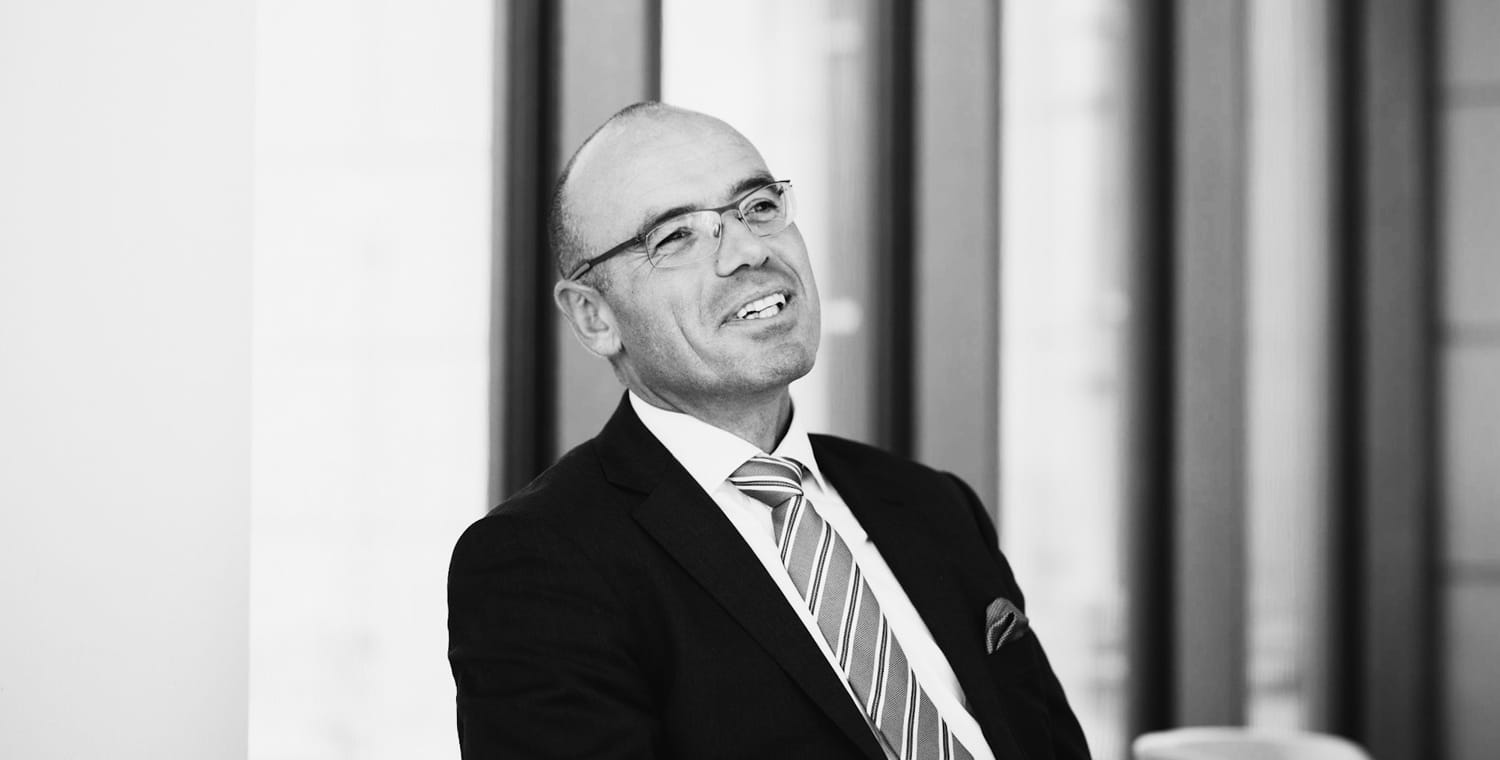
It looks good. (laughs) No, of course there’s the tale of the over-worked consultant. Yes, our service is expensive, we usually have a tight timeframe, which means we have to work hard. But it makes a big difference whether I work hard between eight in the morning and seven o’clock in the evening during the week or have to work through the weekend. From my point of view, 90 percent of this is due to the fact that young colleagues or colleagues who are not properly briefed end up working suboptimally during the week, which then has to be corrected by executives at the weekend. At Syngroup, we benefit from the fact that we very rarely have any rework to do.
That is one thing, the second is a personal story. You have to ask yourself again and again how much you can expect of yourself. For me I think it is a combination of routine and the opportunity to use my creative freedom. Even today, I still take the view that we cannot “sell” our work in the classic sense. If that were the case, sell two projects in the next two months – no chance. And I’ve been doing it for 15 years now. We have to build trust, and then opportunities come our way. Do sales techniques work. No I don’t think so.
It would be nice, but we can’t. And if it were that simple, then there would be more companies of our size.
Not any more, but I did run for a very long time.
I think you have to be very modest about it. It’s good to discuss these issues with my children. I think that when we at Syngroup talk about efficiency, we end up talking about less waste and better use of resources. But I do not want to see that getting out of proportion. In the end we have to say: We are service providers, we work for our clients. But I think that as consultants we are of course also ethically responsible to our clients, because we can and must influence big decisions. Anyway, the idea of profit maximization will no longer be the central focus for us in the future. We will move away from this and put more emphasis on the bigger picture.
I am already looking at strengthening Europe as an industrial location. We are doing it a little differently than the Asians, perhaps with a little less effort. But I do see interesting opportunities for the future of industry, provided that we can focus on cost transparency. Transport and logistics must be given an appropriate dimension. If this issue really does make a difference, it could ultimately lead to greater decentralisation of industrial products. Then we would be back on a local footing, with realmomentum for European industry. And on the whole, I do not see any more major relocations, we are integrating, we are bringing companies back. And I think this trend will continue.
Continue as before.
New challenges every day.
Integrity in all respects.
Social intelligence.
That I am so nice.
To think big.
To give companies a competitive edge.
